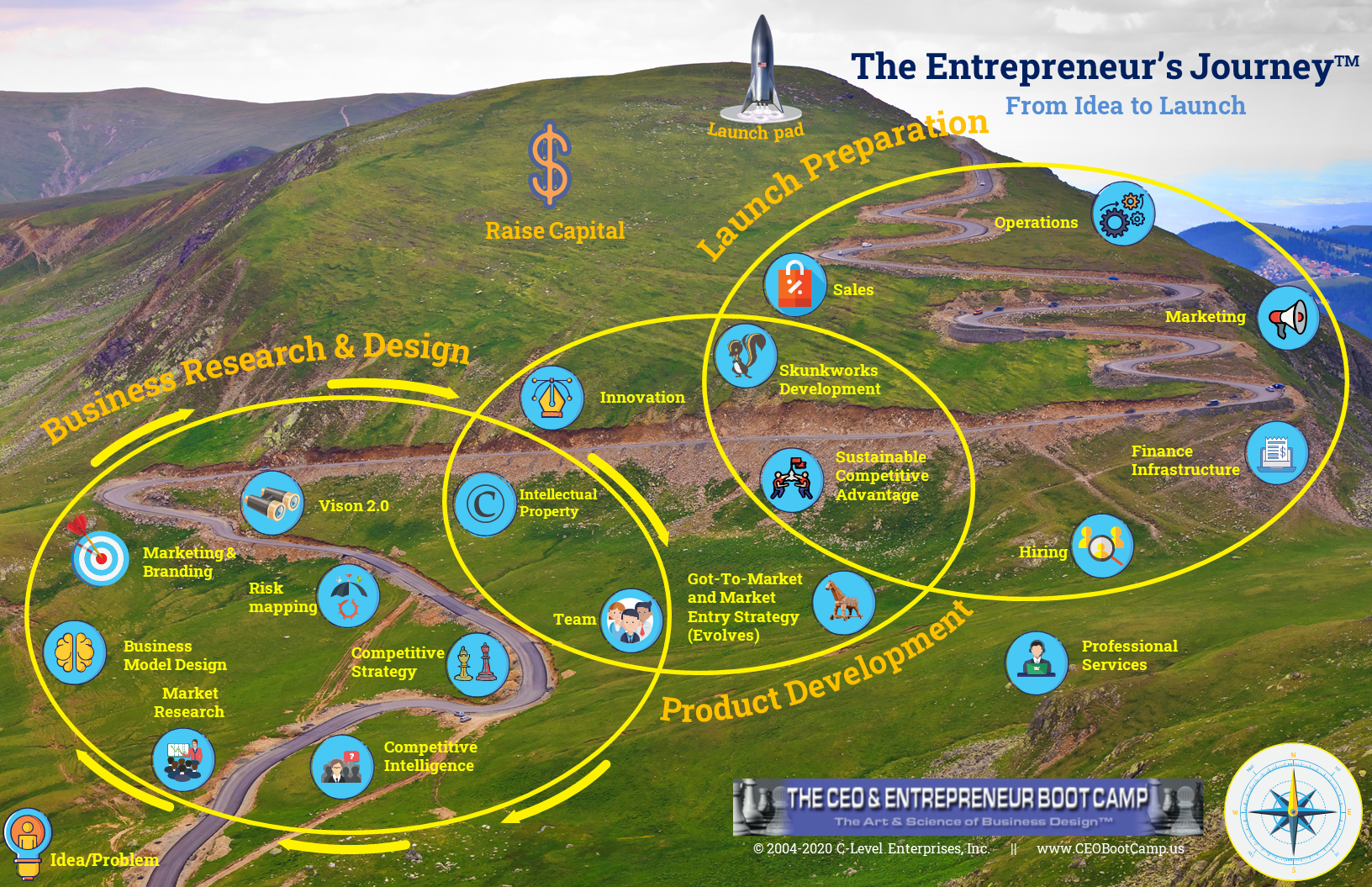How can you ensure consistent customer service training for employees in your small business?

It all starts with a strong, documented values statement that is taken very seriously at every stage. This means enforcing it and using it as a basis for reviews, bonuses, and promotions in a visible way.
Here are more key component of a process that will work:
- Training for employees in this and your company's value proposition. Including ethical behavior for long-term, mutual benefit. A win-win relationship with customers, not a transactional one. A culture of customer service. Employees are not allowed to bad mouth customers. That is attitude and can run off the rails if not limited.
- Use video recording Learning and Development system (LMS) for consistency and easy initial training to guarantee every employee is trained and tested properly.
- Have a customer feedback loop, like listening in on calls, as Amazon executives are required to do. What is watched is taken seriously. This is called the Hawthorn Effect. i.e. a sign-out sheet on the supply cabinet reduces theft because it...
What Are The Key Skills And Qualities That Every Successful Entrepreneur Possesses?


The personality traits that a strong entrepreneur must have include:
- Tenacity and the ability to ignore naysayers when they have deeper understanding of the problem the company is trying to solve
- Vision - The ability to see the future trend they are either creating or trying to leverage
- Intelligence - The critical thinking skills to properly weigh the many factors that are needed for most business decisions
- Leadership - The ability to convince others to follow them which comes from showing the skills and personality traits listed here
- Management skills to recruit and manage quality people, especially managers and people with passion to build out the needed skill sets
- Innovation - The ability to see beyond what the solution to the problem is today and design a significantly better one that can be delivered with a profit
- Focus - The ability to focus on one...
The Clash in Styles at Twitter is a Master Class in Management and Organizational Change

The clash at Twitter is a master class in management styles and a case study in what works and does not work, as well as radical organizational change. As Elon Musk's hard driving style is injected into Twitter's Millennial/woke/snowflake culture, explosive results must be expected. The two extremes in style and the rush to convert one culture into the other has created a circus to watch that has many lessons for all, including Elon. Elon's Asperger's Syndrome prevents him from understanding the needs of the people in the transition - though clearly many cannot make this transition too.
Here is a diagram of "The Science of Management" that shows a valuable high-level cadence to bring structure to management. Our framework of 6 systems creates a "closed system" that is constantly improving, incorporating the proven ideas and principles curated from over 1,000 books I have read over 30+ years. See www.AirTightMgt.com.
One problem with the art of management is that it is not...
What Different Functions are Essential to Manage an Entrepreneurial Venture?

There are five key areas in most business plus the softer skills of management, leadership, hiring and creating a productive culture. The five key areas are:
- Marketing
- Sales
- Product/service development (innovation)
- Finance
- Operations & Customer service
A new venture needs slices of expertise in each area with a senior person that has 5+ years full-time experience in each on tap. Initially the development of the company is mainly about #1 and #3, which Peter Drucker the father of management says are really the two key functions. This is true because they require more creativity and top people.
In addition, under these categories of business there are about 30 to 40 more detailed level skills needed to grow any company. For example, marketing would include: branding, strategy, graphics design, SEO, PPC, copywriting, web page programming, etc.
I created a course to review these skills that is about one hour and free here:

This is about growing significant businesses and building...
What Are the Three Levels of Management?

Like any model, this just divides a highly complex topic, or spectrum, into a number of levels to simplify. However, this can be useful to set some framework and goals to climb that ladder.
First, Management and Leadership are “Arts” not skills, consisting of hundreds of skills combine and requiring experience not book learning. That said, I created a model with five styles of Management learning, each would enable a person to start their own company and do well. They are only learned through experience.
Every person should be managed mostly using one of these techniques, or styles:
1. Micromanagement - the lowest form to supervise individuals in real-time. Generally, only need for low level and lazy workers. This style is only for inexperienced people or those new to the organization. Or people in very low-level jobs that need to be monitored constantly, often because the job is repetitive, unskilled and low paying where it is difficult to find...
What are Some One-on-One Manager Best Practices?

Management is an art, not a skill that can be put into an easy list of rules. Your question is kind of like asking how do I paint a perfect work of art? Even Leonardo Davinci could never answer that as it takes years, even decades of experience to learn.
However, that said, some important foundational philosophies are known to be very effective. I’ll list a few below. I would recommend reading The Daily Drucker or other Peter Drucker books first. I also have a Recommended Reading List below with many great classics and serious Entrepreneurs and business owners should read most, if not all, of them.
Tried and true management philosophies:
1. Set up a win-win scenario between every employee in the company providing challenge, learning, career growth and encouragement. More for those that put in the extra effort to study and learn on their own time. This will allow you to attract and keep the best people. As the best people want challenge, growth and appreciation. These are...
Is Management Still Relevant As A Course Of Study Today?

Of course. Anytime people are needed, management is a required skill, or more accurately a required art. It is also a philosophy which generates the culture of a company that should be appropriate to its own market circumstances.
And yes, I agree with Elon Musk and others that our university system cranking out MBAs is not a solution. Colleges and universities are failing to adapt to the new world. There are now so many specialties, industries, and skills that few programs provide the practical learning needed to be a successful Entrepreneur or manager. That is why I created The CEO & Entrepreneur Boot Camp in 2004.
People change on an evolutionary timescale, and almost all still need to be managed. No amount of technology will replace the need for managers and management. At least 80% of people need to be guided in their work. And they always will. Because most people are followers, not leaders. They do not want to take...
What are the comprehensive differences between managerial and non-managerial?

Almost too broad a question to be worth answering, and you could write many books on the topic. But in short, managers are expected to:
Think, analyze, plan, hire, fire, improve productivity, budget, motivate and be accountable for results (not activities).
Individual contributors do little, if any, of these things. Of course, some professionals are required to do some of these things too as their main job. i.e. Accountants budget and plan money. Architects design and plan projects and budgets.
Typically, there are four levels of ability and skills in an organization, and almost all professions:
- Individual contributor - does the technical work
- Manager - Manages those ICs. Typically, the “Span of control” is 7 to one ratio. Though this can vary by industry and company structure.
- Executive - Manages the managers. Generally requires 15+ years experience and deep domain experience in one area of sales, marketing, finance, operations, product...
Do managers need management training to be effective?

Absolutely, but that is not to say most people do not learn on the job. Teaching management is like teaching art, it is an art. You can study and learn foundational principles, but practice is required to get good. I recommend reading several books by Peter Drucker first. Especially The Daily Drucker.
There is so much to the art of management that comes only with experience. But you will learn foundational principles and philosophy from these texts. Key systems, for good management, include:
A) A regular meeting and Management By Objectives process (MBO = specific goal setting). Some call this OKR now, but it is the same thing, really. This is key to corporate productivity. Research shows a 56% impact on enterprise value creation. That is HUGE!
B) Having a dashboard with clear metrics (KPIs) that are all “owned” by someone and directly tied into the corporate strategic plan. Needed when > 7 people involved in a company or department,...
What Happens when a Doctor Run Company Becomes More Professionally Managed?

| BEFORE | After 3 Years |
|
|
|
| ROI: Increase of $40 million in enterprise value for an investment of about $100,000 in OD and MD programs. All paid for from internally generated cash without any outside financing. | |

To learn more, click here
What was Done Over Fourteen Months?...



